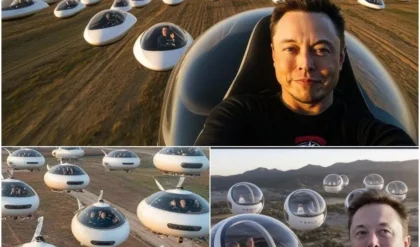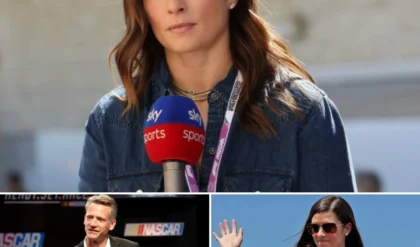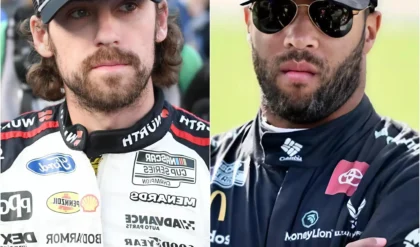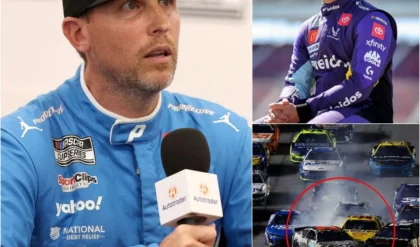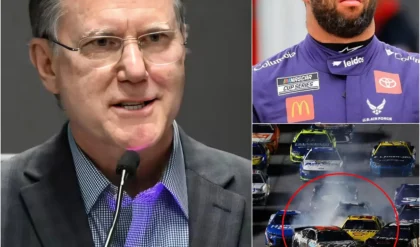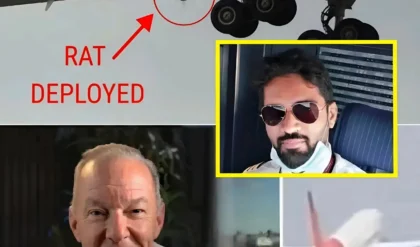In a surprising development that has sent shockwaves through the motorsport world, Honda’s chairman has publicly declined to confirm the company’s commitment to the IndyCar Series beyond 2026, raising significant questions about the future of one of the series’ most enduring partnerships. The announcement comes amid growing concerns from Honda about the escalating costs of participation and recent controversies surrounding the IndyCar Series, particularly following Roger Penske’s decision to sell his stake in the series to FOX. This move has sparked uncertainty about the direction of IndyCar and its ability to retain key stakeholders like Honda, a mainstay in the series for over three decades.
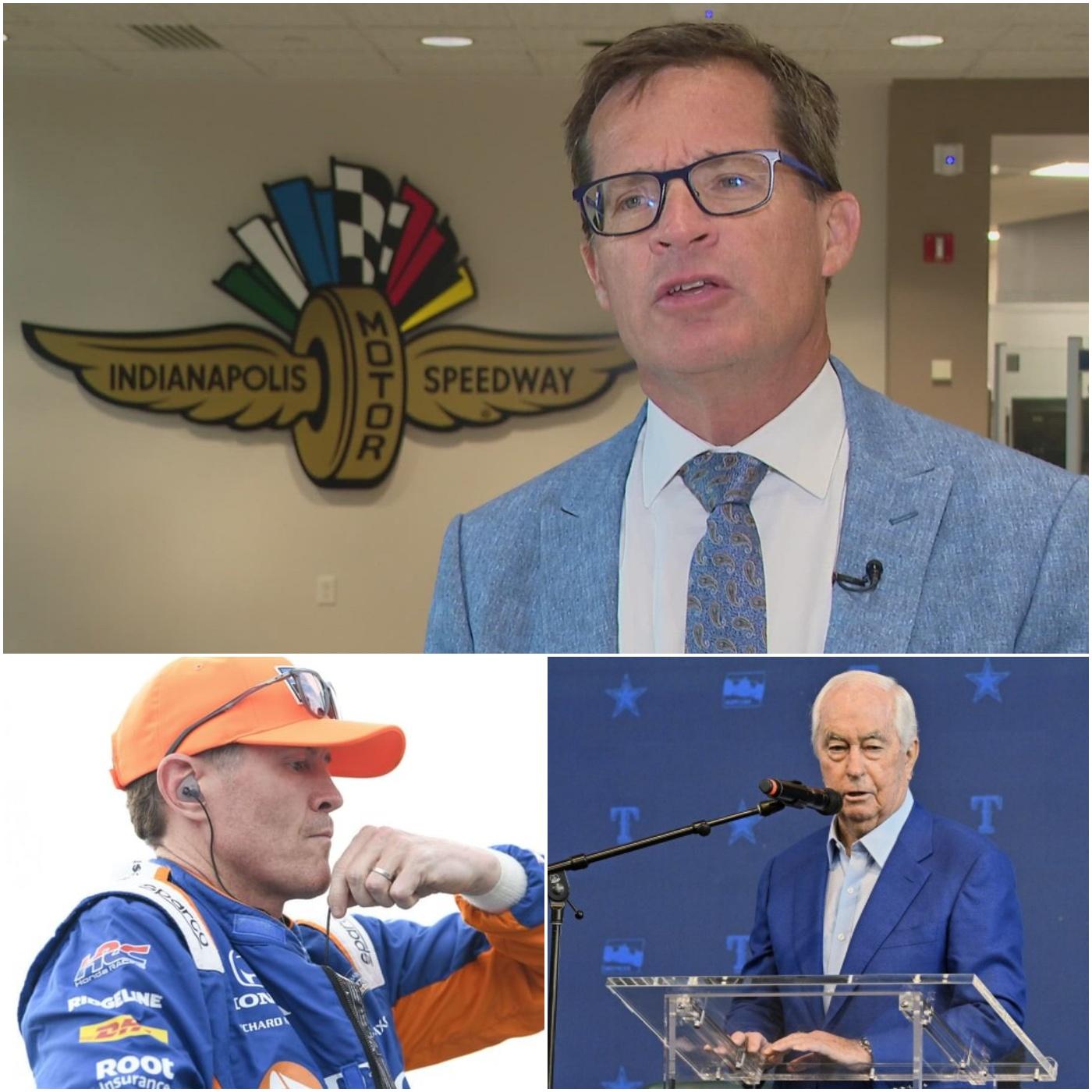
Honda’s hesitation stems primarily from the rising financial burden of competing in IndyCar. According to American Honda Motorsports Manager Chuck Schifsky, the costs associated with engine leasing and race team support have become a significant concern. Unlike in the 1990s, when multiple automakers, including Toyota, Ford, and Mercedes-Benz, participated in U.S. open-wheel racing, IndyCar now relies solely on Honda and Chevrolet as engine suppliers. Schifsky noted that the high costs have deterred other manufacturers from joining, stating, “If the return on investment matched up with the investment, we’d have a number of other manufacturers involved.” This lack of competition has placed additional pressure on Honda, which loses money on engine leases but relies on the series for brand exposure and engineering development.
The IndyCar Series has faced a turbulent offseason, with several issues contributing to Honda’s unease. One major setback was the repeated delay of the series’ hybrid engine, a project intended to modernize the sport but criticized for its complexity and cost. The hybrid system, which was postponed again to an unspecified date after the 2025 Indy 500, has added to the financial strain on manufacturers and teams. Honda, a leader in hybrid technology, has been heavily invested in this initiative, but the delays have raised doubts about the series’ ability to deliver on its technological promises.
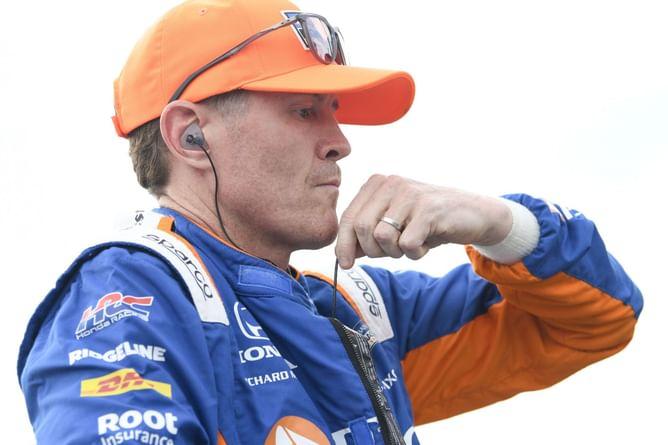
Further compounding these concerns are recent scandals that have tarnished IndyCar’s reputation. The series has been rocked by controversies involving Penske Entertainment, particularly surrounding Roger Penske’s race team. Honda Racing Corporation President David Salters described these developments as “not helpful,” reflecting the company’s growing frustration with the series’ governance. Penske, who owned the Indianapolis Motor Speedway and IndyCar until recently, sold his stake to FOX, a move that has introduced additional uncertainty. While FOX’s involvement could bring new media opportunities, it has also raised questions about the series’ long-term stability and direction, prompting Honda to reassess its role.
The sale of Penske’s stake to FOX marks a pivotal shift for IndyCar, which has long relied on Penske’s leadership to navigate challenges. However, the series has struggled to compete with the financial might of NASCAR and Formula One, both of which boast billion-dollar media deals. IndyCar’s media revenue pales in comparison, limiting its growth potential and ability to support teams and manufacturers. Despite a reported 37% increase in TV viewership since 2018 and a 20% rise in race attendance, the series faces economic hurdles that have made it difficult to justify the high costs for partners like Honda.
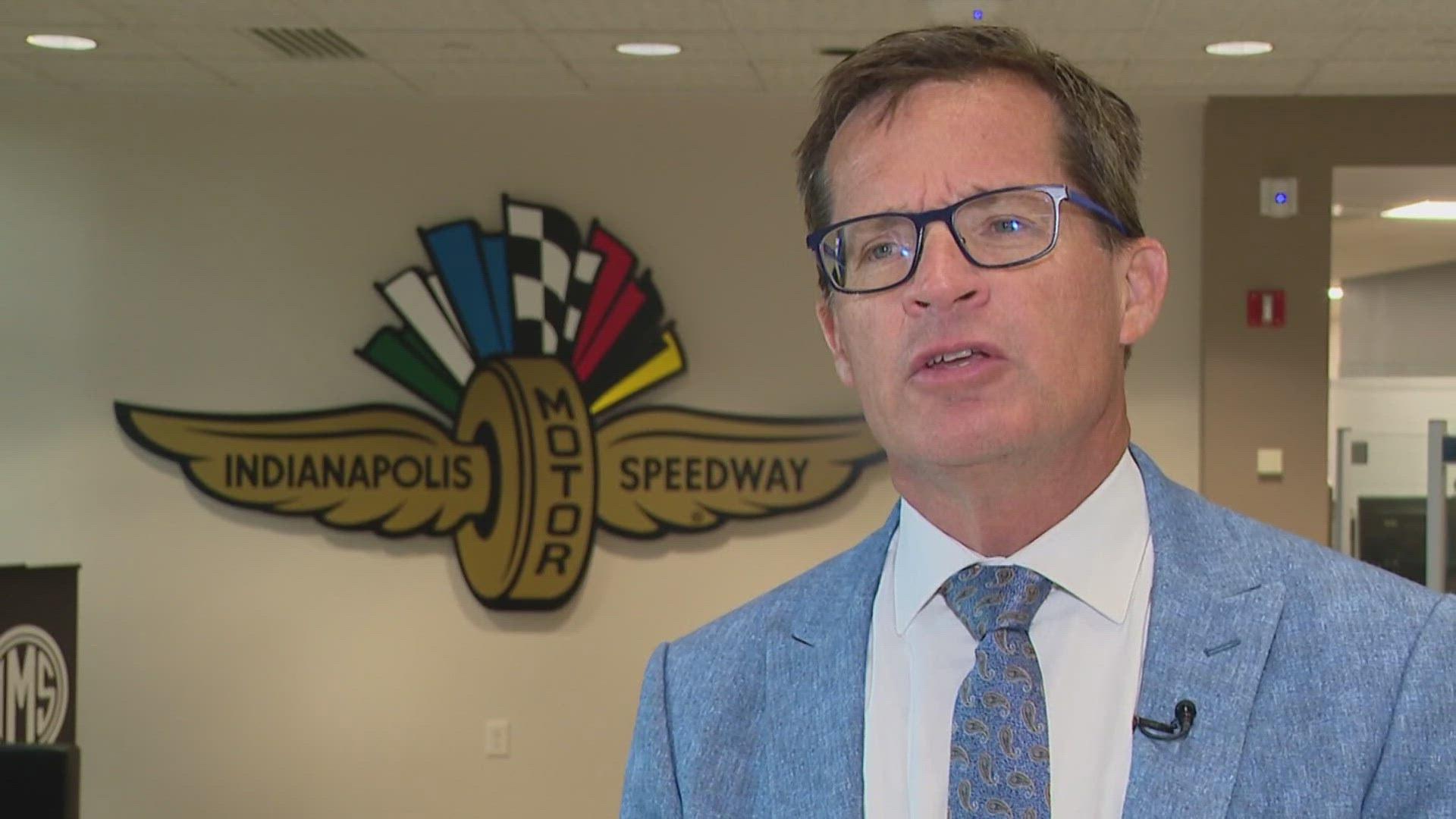
Honda’s potential exit would be a significant blow to IndyCar, given its long-standing partnership and contributions to the sport. The company has used IndyCar as a platform to develop engineering talent and showcase its technological prowess, particularly in hybrid systems. However, with costs rising and no clear resolution to the series’ challenges, Honda is reportedly exploring other motorsport avenues, including NASCAR. This shift could signal a broader realignment in U.S. motorsport, as manufacturers seek more cost-effective platforms to promote their brands.
As IndyCar approaches the 2026 season, the series faces a critical juncture. Efforts are underway to address team economics through a proposed charter system, which would provide permanent value to full-time teams, but this may not be enough to retain Honda. The company’s chairman has made it clear that significant cost reductions and improved governance are necessary for Honda to consider extending its commitment. For now, the motorsport community watches closely as IndyCar navigates these challenges, hoping to preserve its legacy while adapting to a rapidly changing landscape. The uncertainty surrounding Honda’s future underscores the broader struggles of IndyCar to remain competitive in an increasingly expensive and complex motorsport world.
